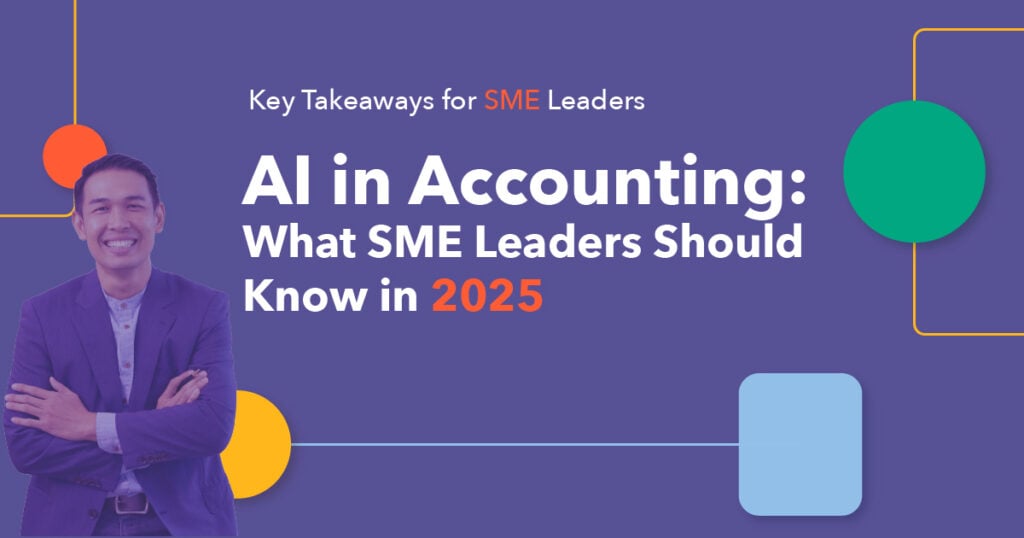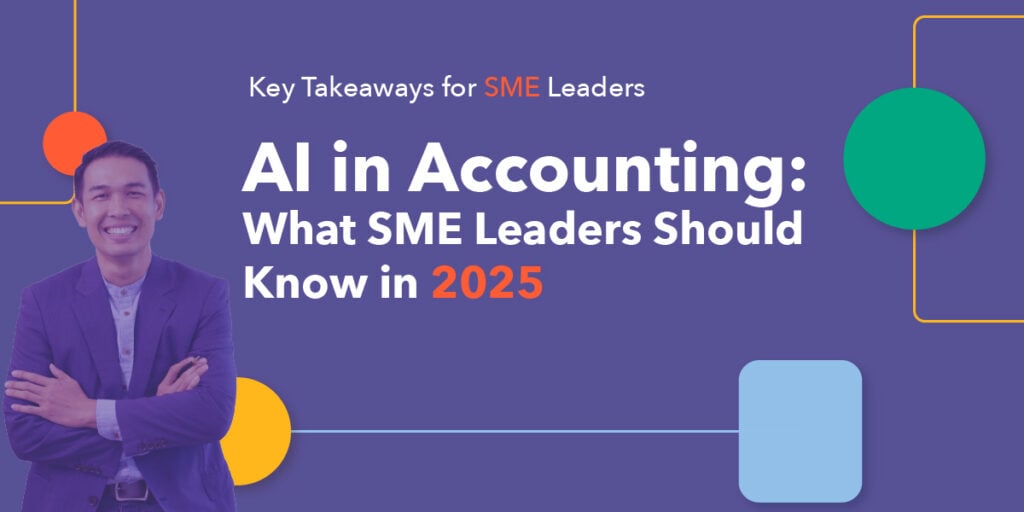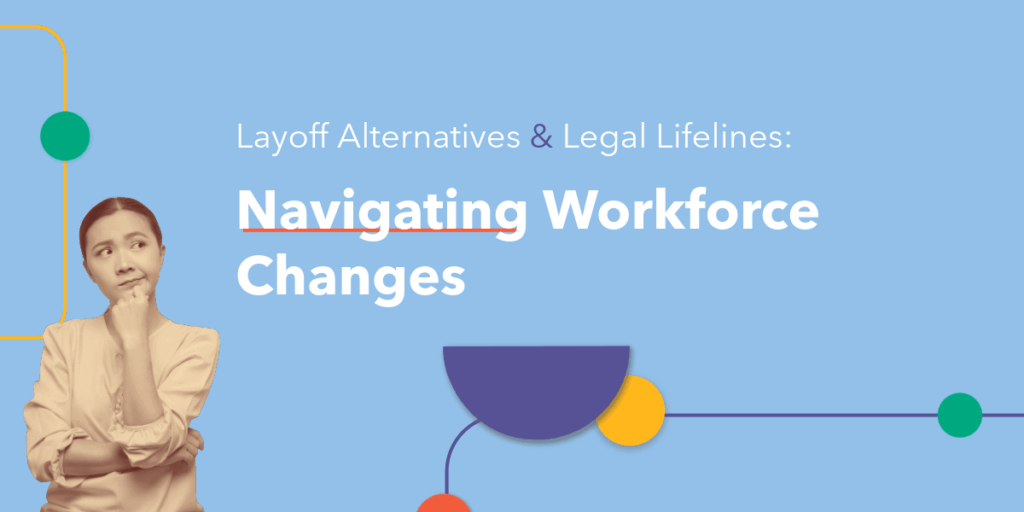Artificial intelligence used to feel like something out of a sci-fi movie, but in 2025, it’s firmly part of the business toolkit. For accounting and finance teams, AI is already changing the way work gets done, including in small and mid-sized businesses. Whether it’s handling repetitive tasks or helping teams work smarter, AI is opening new doors.
But it’s also sparking a few big questions: Where does it actually help the most? What’s worth investing in now? And how do you make sure technology doesn’t take away from the human judgment your business runs on?
Karbon’s State of AI in Accounting Report 2025 provides insights into these questions, offering a clear view of how firms are currently utilizing AI, what’s effective, and areas that still need development. The report highlights real trends and takeaways that are shaping how SMEs approach finance and operations.
We’re sharing a few key points from the report, with our team’s perspective mixed in, to help you make sense of the findings and think more strategically about how AI might fit into your own finances.
Key Takeaways for SME Leaders
- AI Adoption Is Accelerating and Becoming More Practical
According to Karbon’s 2025 report, over half of surveyed accounting firms are already utilizing AI for routine tasks such as data entry, reporting, and client communication. This trend indicates a shift towards more practical applications of AI in everyday accounting operations. - Human Expertise Remains Crucial
While AI enhances efficiency, it doesn’t replace the need for human judgment. The report emphasizes that context and decision-making still rely heavily on professionals who can interpret data nuances and provide actionable insights. - Strategic Thinking Can’t Be Automated
AI tools can identify patterns and trends, but they lack the ability to build relationships or offer comprehensive strategic advice. The human element is essential for delivering the insights and guidance that drive business growth. - Ethics and Data Quality Are Paramount
With AI’s reliance on business data, concerns about privacy and governance are more significant than ever. The report highlights the importance of establishing robust data security measures and ethical guidelines to maintain trust and integrity. - Many Firms Lack a Clear AI Strategy
Despite the growing interest in AI, many businesses are uncertain about how to begin integrating it into their operations. The report suggests that developing practical, tailored strategies aligned with specific business goals is crucial for effective AI adoption.
It is clear that AI is reshaping the accounting landscape and offering SMEs opportunities to enhance efficiency and strategic decision-making. However, its successful integration hinges on thoughtful implementation, ethical considerations, and the irreplaceable value of human insight. For a deeper exploration of these trends and practical guidance, we highly recommend reading Karbon’s full State of AI in Accounting Report 2025.










